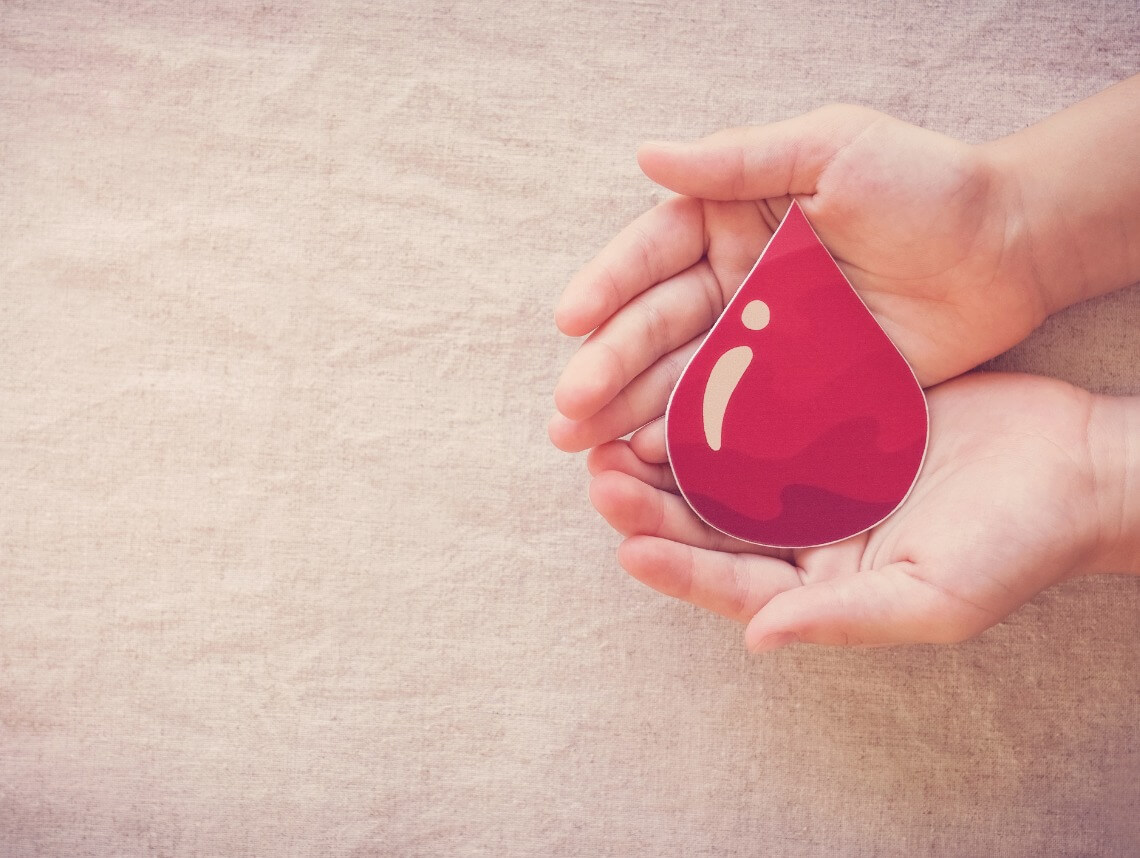Hemophilia is a serious medical condition that requires careful attention. The good news is that with proper management it is possible for children to have a normal and active childhood. If your little one has been diagnosed with hemophilia it is perfectly normal to have questions and concerns. Staying informed as a parent and caregiver is a critical first step on your family’s treatment journey.
The following guide to hemophilia, including the causes, potential complications, effective treatments, and care needs, can guide you to being more engaged in achieving the best possible outcome.
What is hemophilia?
Hemophilia is usually an inherited bleeding disorder in which the blood does not clot properly. Normally when this is tissue damage, clotting factors are present in the blood that help stop excessive bleeding. With hemophilia, one or more of these clotting factors are missing, resulting in the risk of excessive bleeding both internally and externally.
There are many types of hemophilia but the two main types are labeled by doctors as hemophilia A and hemophilia B. The type of hemophilia depends on the specific type of clotting factor that is deficient. The vast majority of patients with hemophilia have type A, which is caused by a lack of clotting factor 8.
Causes of Hemophilia in Children
For most children, hemophilia is an inherited condition. Both hemophilia A and hemophilia B are passed through a genetic marker on the X chromosome.
Women who are carriers of the hemophilia trait, on one of their X chromosomes have a 50-50 chance of passing it to a child. Men who have hemophilia can pass the condition to their daughters as carriers, but not to their sons.
Although hemophilia is far more common in boys, it is possible for girls to develop hemophilia — but this is much rarer.
Hemophilia may develop due to a random genetic mutation in a third of hemophilia cases diagnosed in children.
Hemophilia Symptoms
Symptoms of hemophilia generally depend on the severity of the condition. In milder cases, excessive bleeding may only be a risk after severe injuries or after surgery. In the most serious cases, bleeding and bruising can occur for almost no reason at all or due to minor bumps. Specific symptoms in babies or young children can include:
- Noticeable and/or deep bruises
- Blood in urine or stool
- Unexplained bleeding
- Swollen or painful joints
- Nosebleeds
- Unexplained irritability in infants
Hemophilia Complications
Complications related to hemophilia can be serious, which is why prompt diagnosis and treatment are so critical. These complications can include:
- Deep internal bleeding in the joints, muscles, and organs
- Bleeding into the throat or neck
- Infection
- Serious joint damage
- Brain damage
Any symptoms of hemophilia or prolonged bleeding should receive immediate medical attention to lower the risk of long-term complications.
Hemophilia Diagnosis
The most serious cases of hemophilia are usually noticeable enough to be diagnosed early in life. Less serious cases may take longer to receive attention. Steps for diagnosing hemophilia include:
- Genetic testing
- Reviewing the child’s and the family’s medical history
- Physical examination
- Complete blood count (CBC) testing
- Testing of clotting factors and bleeding times
Hemophilia Treatment
Upon diagnosis, children with hemophilia are often referred to a specialist such as a hematologist. Treatment for hemophilia can depend on factors such as age, the severity of bleeding, and type of disease. The most common treatment options include:
- IV clotting factor replacement therapy
- Medications to control bleeding, particularly after dental procedures and surgery
- Hormone therapy
- Physical therapy
- Specialized sealants and first aid for cuts and injuries
- Blood transfusions
- Joint repair surgery
Children with hemophilia have needs that can include ensuring a safe environment, providing first aid as needed, meeting nutritional needs, physical therapy and rehab, and maintaining medication regimens. Ensuring teachers, friends, family, and caregivers understand the risk factors for bleeding episodes and how to respond in a safe and prompt manner are key to keeping children with hemophilia active and healthy.
To meet these and other needs, families who are living with hemophilia often benefit from the assistance of pediatric home health services. Qualified home health professionals who are trained to give care to children with special needs, including hemophilia, can be key members of your family’s broader care team.
Contact Care Options for Kids for Home Health Care in Florida
It can be hard to balance your time between work, home, and caring for a child. That’s why our team of professionals at Care Options for Kids is here to help. We have been enforcing precautionary measures and following the Centers For Disease Control (CDC) guidelines for COVID-19 to ensure the safety and health of our clients and employees.
Our home health care services offer support in the comfort of your home. We refer loving and competent nurses to provide customized care for families — from a few hours a day to around-the-clock supervision. Contact us directly to speak with a home health care professional or request a free in-home assessment. Together we can determine the best plan of action to keep your loved ones happy and healthy.
If you or a loved one are considering Pediatric Home Health Care Services in Florida, contact the caring staff at Care Options for Kids. Call today at (888) 592-5855.






